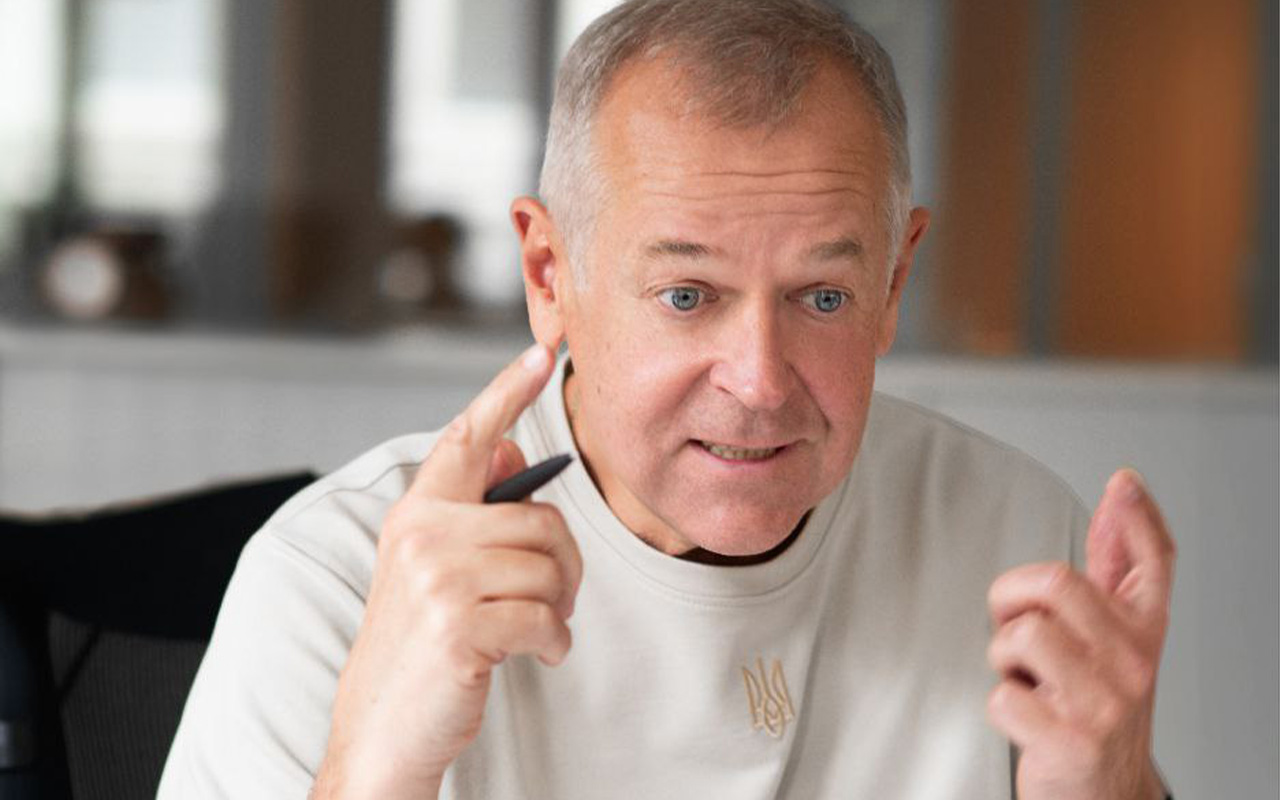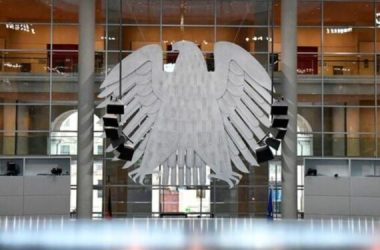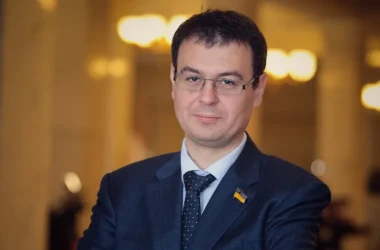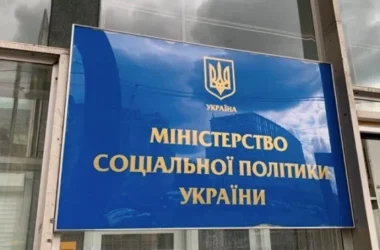Energy security has become a key issue in Europe, especially in light of recent geopolitical developments.
Diversification of energy supply and development of renewable energy sources have become critical for reducing dependence on Russian energy sources and ensuring the stability of the energy market.
‘Gas is no longer a weapon and an element of political blackmail on the part of the Russian Federation. Most EU countries are getting rid of this noose at an accelerated pace and are on the way to full diversification and energy independence’, Denys Kostrzhevskyi, Chairman of the Board of Directors of Kyiv International Airport, said.
How Europe’s Energy Policy is Changing
By 2022, Germany imported more than 50% of its natural gas from Russia, making it one of the EU’s most dependent countries on Russian supplies. In addition to gas, the country imported oil and coal. In 2021, Russian oil accounted for about 34% of total imports. Currently, the German government is actively implementing the energy transition programme (Energiewende), which aims to obtain 80% of electricity from renewable sources by 2030. Following the freezing of the Nord Stream 2 project, the country is actively developing infrastructure for importing liquefied natural gas from the United States and Qatar.
‘Germany, in particular, is taking huge steps towards green energy, which reduces its dependence on Russian gas. Investments in LNG terminals demonstrate its desire for energy security and flexibility in gas supply’, Denys Kostrzhevskyi believes.
Instead, France, which was less dependent on Russian energy than others, according to Mr Kostrzhevskyi, plans to build new nuclear reactors. This will help reduce its dependence on fossil fuels. In addition, the French are actively developing their wind and solar capacities.
‘France is effectively using its nuclear capacity to ensure a stable energy supply, but they also understand the importance of diversification. Therefore, they are expanding the infrastructure for receiving liquefied natural gas. In addition, there are investment programmes that have been introduced in France regarding renewable energy sources, which will help the French to reduce the environmental burden and ensure energy independence’, he says.
But the Poles, who historically depended on coal, and also imported about 50‒60% of natural gas from Russia, are now actively developing wind energy. The country plans to build new wind facilities in the Baltic Sea.
‘Poland also demonstrates a comprehensive approach to reducing dependence on Russian energy sources. An important component of this strategy is the development of renewable energy sources, the construction of the Baltic pipeline, LNG terminals, and integration with European energy markets, which allows the country to exchange electricity and gas with other EU countries’, Mr Kostrzhevskyi continues.
He also mentions Spain in this context.
Although it imported much less Russian energy resources, however, in response to geopolitical challenges and Russian aggression against Ukraine, the Spanish took a number of measures to reduce their dependence on Russian energy sources.
‘In 2024, they opened one of the world’s largest solar farms, and the country also has one of the most developed infrastructures for LNG imports in Europe. ‘It allows them to more quickly diversify the sources of gas supply and reduce dependence. At the same time, Spain has unique climatic conditions that make it possible to efficiently use solar energy. Therefore, the government plans to obtain 74% of electricity from renewable sources by 2030, and also supports projects to produce green hydrogen, which can be used as an environmentally friendly fuel for industry and transport. Spain generally plans to become one of the leading producers and exporters of green hydrogen in Europe’, Denys Kostrzhevskyi added.
All this confirms the determination of European countries to reduce their dependence on Russian energy sources and contribute to the global fight against climate change through investment in green energy. Ukraine, which has been dependent on Russian energy resources for decades, is now also going through this difficult path. The country is actively developing renewable energy, in particular, solar energy, as much as possible during the war. In addition, Ukraine has concluded contracts for gas imports from European countries and is increasing its own production.
The diversification of energy supply and renewable energy sources are critical, especially in the context of continuous bombing of energy infrastructure facilities by the Russian Federation.








